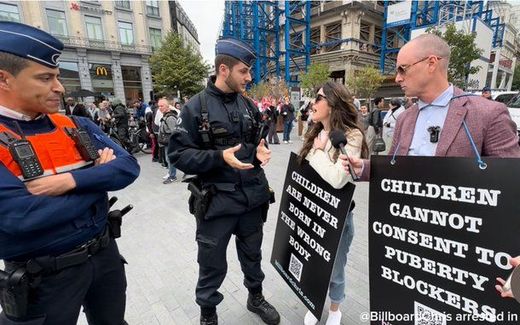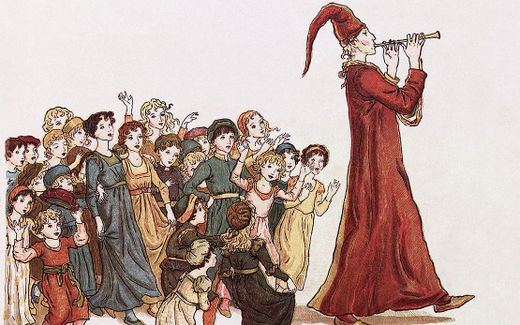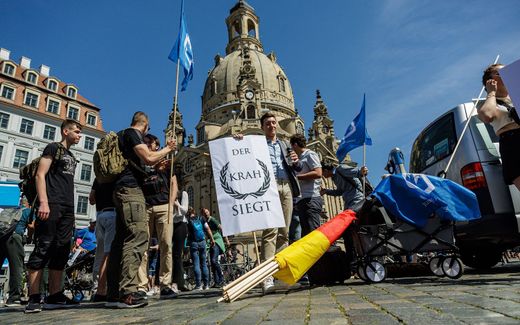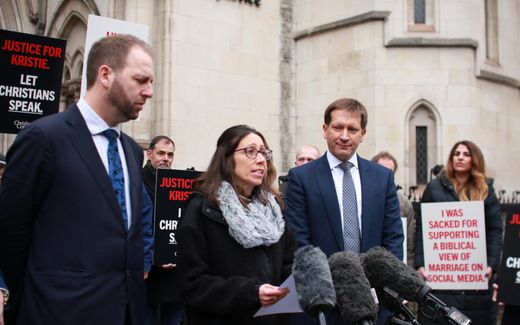Populism: conditional ally or useful idiot?
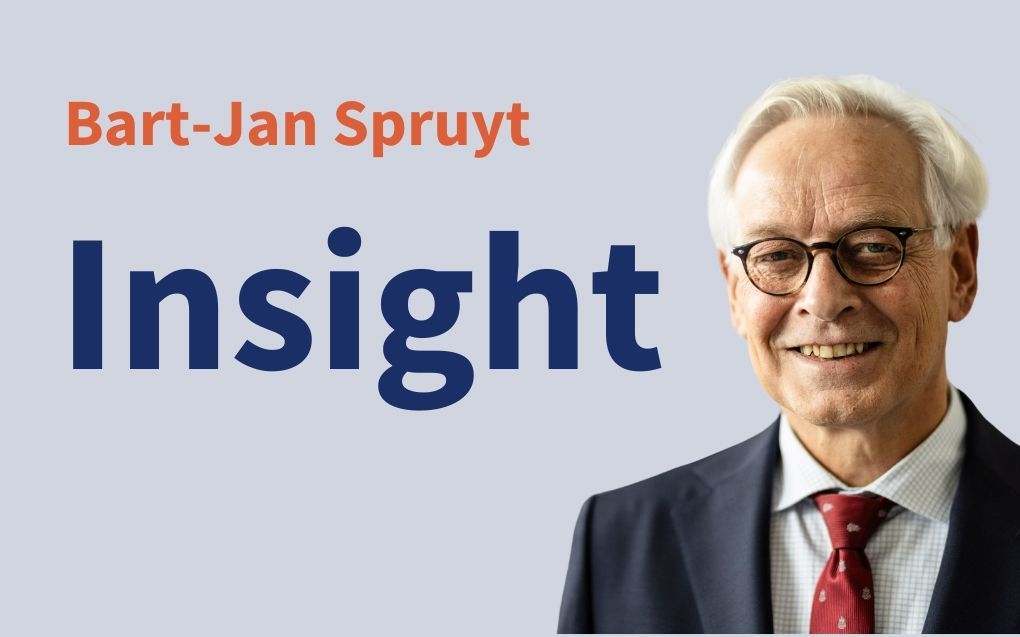
Photo Canva.com
Opinion
Christianity shaped the European continent. But in most countries, believers are in the minority now. And they ask: What is happening in and through the events? Where does all this come from?
Stay up to date with Christian news in Europe? Sign up for CNE's newsletter.
Where is democracy headed? Bart-Jan Spruyt writes that it is under attack in Europe. The continent is undergoing a transformative shift toward populism, and Christians should be informed, he says.
The liberty we described in our previous article is “excessive liberty”. That, at least, is how it is defined in the classical tradition, which also shaped the Christian view of society and politics. In this tradition, democracy was a good but vulnerable form of government. However, it had to meet a set of (mental, spiritual, cultural) conditions, at the risk of transforming, or degenerating, into another form of government called “mob rule” (ochlocracy). In other words: rule not by the demos, but by the ochlos, which means not by people that met the required conditions but by a population that failed these conditions.
It seems that we are in the middle, or maybe even in the end, of that transformation. To understand this change, it is essential to understand populism and to define the Christian position against populism.
People who live in a democratic state must meet specific moral standards.
Democracy, as is well known, was an experiment performed in the city-state of Athens in the second half of the fifth century BC. Plato, a contemporary philosopher, and other wise men observed this experiment with nervous care. In their writings, they expressed the opinion that democracy does not perform well by itself, without any help or accompaniment, without imposing a set of necessary conditions a democracy has to meet.
People who live in a democratic state must meet specific moral standards. If they don't, democracy degenerates into an ochlocratic regime or –in other words– into a state ruled by the mob, ending up in either anarchy and chaos or the leadership of some dictator to restore order. The leading cause of this degeneration is excessive liberty. In history we can see quite a few examples of this phenomenon.
Tradition
The first condition to be met, according to the philosophers of Athens, is the preservation of tradition. This tradition consists of three elements: the veneration of the gods, past wisdom and experience and the law. If the people do not venerate the gods or God, they will not have any sense of the sacred , of the taboos, or of the beneficial limits that the Creator has set for our lives.
People should also know that their lives are like links in a chain. It is their task to make the wisdom and experience of their predecessors their own and transmit it to their (grand)children.
The opposite is living by the day only, without any sense of the past or responsibility for the future (“Let us eat and drink and be merry, for tomorrow we die”). The law of the land must be obeyed from inner decency, not by fear of persecution or the fear of ostracisation.
In a healthy democratic society, equality is interpreted as equality before the law.
Another prerequisite for a well-functioning democracy is the concept of freedom cherished by a democratic community. For everything to go well, liberty should be regarded as the right to do what one should do. In a state of decay, liberty is celebrated as the right to think, say, and do whatever one wants. In other words, absolute freedom instead of conditional, limited freedom.
The idea of equality is also decisive. In a healthy democratic society, equality is interpreted as equality before the law, also called the rule of law. The law must equally protect all people, and all people must adhere to the same laws.
In a society that has developed into mob rule, equality is seen as the abolition of all differences and the destruction of all hierarchies. In the relationship between parents and their children or between teachers and pupils, this notion means that parents or teachers no longer have a narrative to transmit and, therefore, only strive for popularity with their children or pupils.
Finally, democracy is all about language. In a good society, people realise how vulnerable human relationships are, and for this reason, their choice of words will be cautious and polite. In an unhealthy society, freedom of speech is absolute, including the right to insult or hurt. Taking the middle ground, traditionally seen as the golden way, becomes an act of cowardice. To hurt and to insult is appreciated as courageous.
Offspring
To sum up, in a healthy democracy, people venerate the gods, do their best to obtain a heritage and transmit it to their offspring, cultivate inner decency, do what they ought to do, do not absolutise freedom or equality, and try to speak courteously. In a decaying democracy, people do not accept transcendental norms, live by the day, obey the law out of fear, and absolutise freedom, equality, and freedom of speech.
In the past, Christianity created and sustained the cultural basis of a democratic society (as made abundantly clear, for example, by Lary Siedentop in his book Inventing the individual). Liberalism parasitises this heritage; it is skating on thawing ice. As the German philosopher Ernst-Wolfgang Böckenförde formulated his famous dilemma: The liberal secularised state lives by prerequisites which it cannot guarantee itself. This is the great adventure it has undertaken for freedom's sake.
Civil wars
A liberal state can endure only if the freedom it bestows on its citizens takes some regulation from the interior, both from the moral substance of the individuals and a certain homogeneity of society at large. On the other hand, it cannot by itself procure these interior forces of regulation that are not with its own means, such as legal compulsion and authoritative decree. Doing so, it would surrender its liberal character (in German Freiheitlichkeit) and fall back, in a secular manner, into the claim of totality it once led the way out of back then in the Confessional civil wars.
Populism is not decay nor the source of decay but the result of decay.
If the conditions of a healthy democratic society are not fulfilled, people behave like individuals, doing whatever they want. From this, anarchy and chaos will ensue. When this happens, an awful dilemma presents itself. Either a society will continue on its path to anarchy, or it may start to realise that this path will only bring harm and unhappiness. In that case, people start looking for a strong, charismatic leader to restore order. This “dictatorial man” (as Plato calls him), as the vox populi, promises to resolve all problems, whatever it takes, despite the constitution or international treaties.
And so, the populist leader is born. Populism, then, is not decay nor the source of decay but the result of decay.
A populist, or populist movement or party, may have a sense of some of the conditions that must be restored to rebuild a healthy democracy. Common sense may include some conservative or even Christian notions.
However, as the people who form the populist movement originate from a society in decay, its face is always somewhat ambiguous. Restoring the ideal of Judeo-Christian civilisation may mean the revitalisation of the ideals from 1968.
Well, this was our little tour around the history of our own civilisation.
Related Articles



